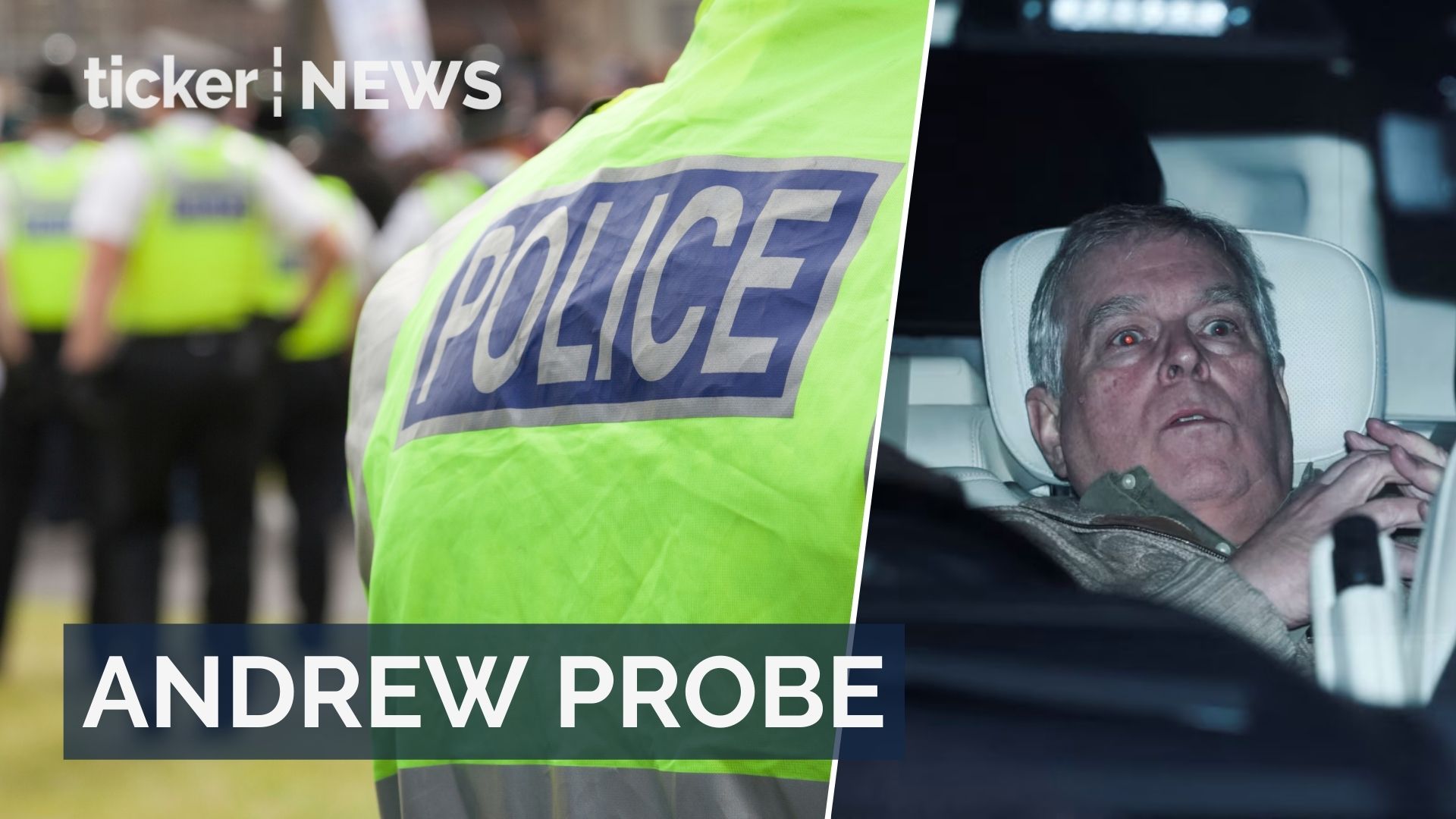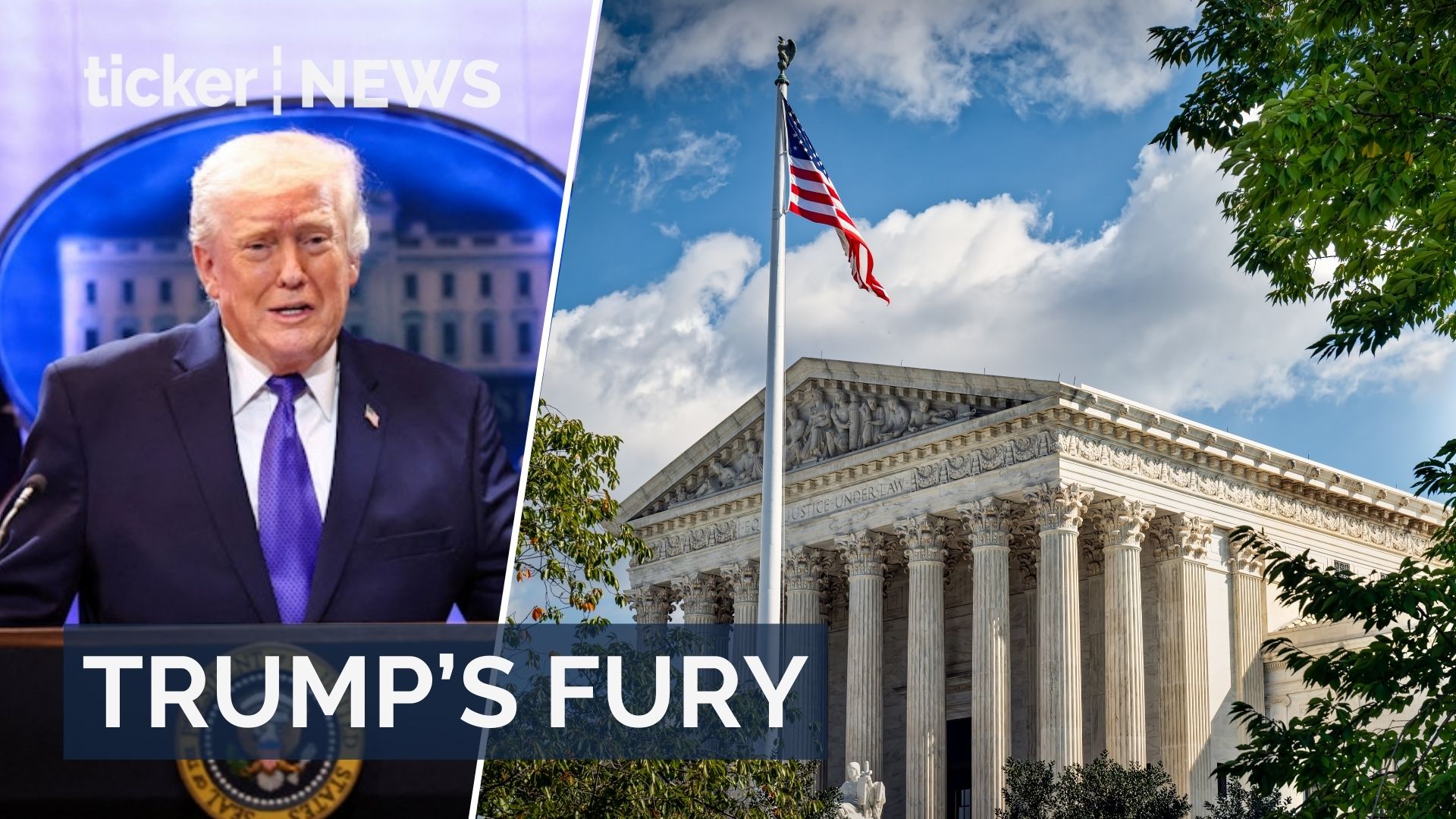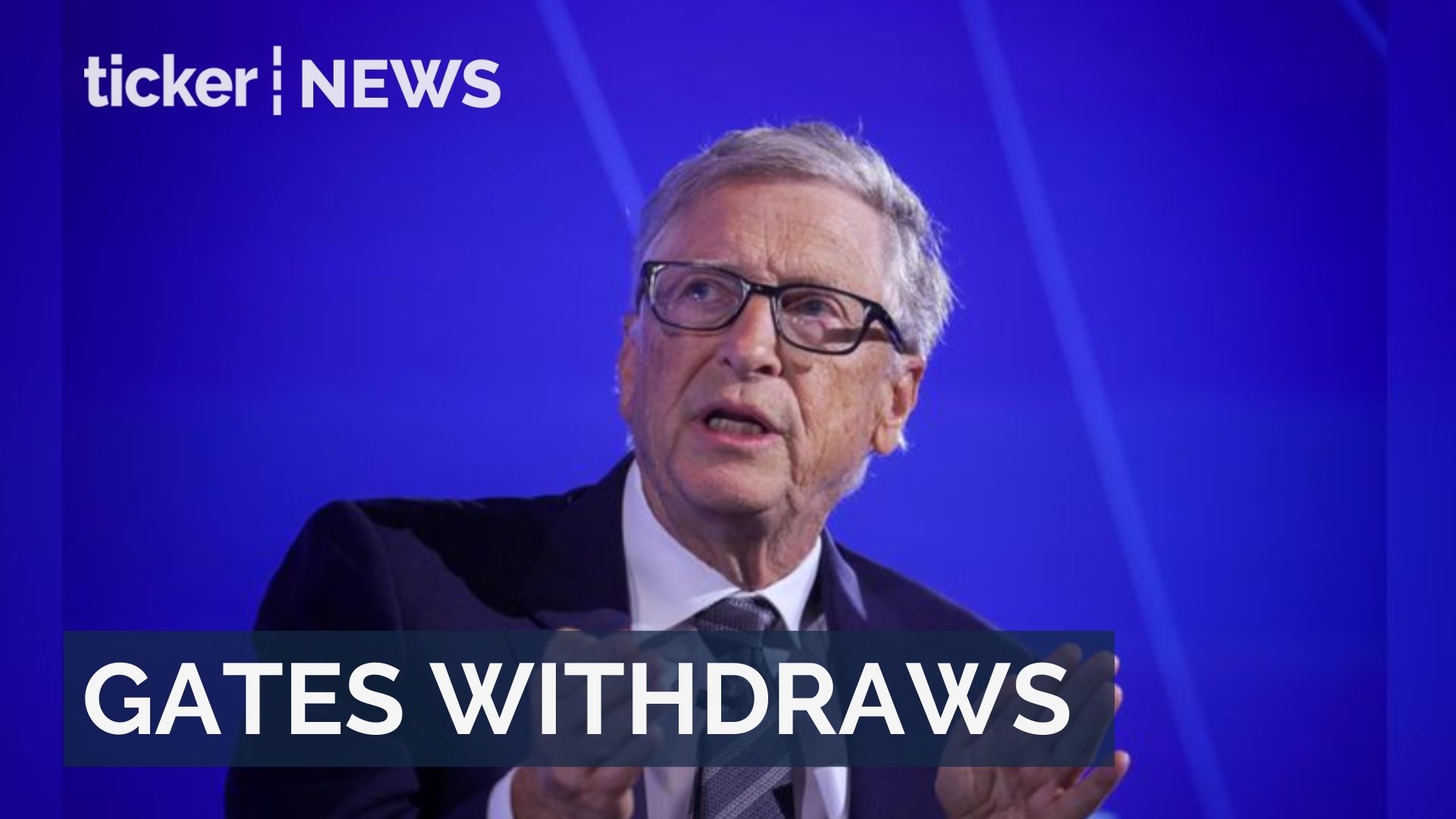Salmond led the SNP from the fringes to power and was often credited with its success, much as Sturgeon is now. Sturgeon, the deputy leader, had the difficulty of becoming the leader of a party whose primary purpose was independence just after it lost a referendum on the subject. It was not until after the UK voted for Brexit in 2016 (with a majority in England and Wales but not Scotland) that the SNP was able to reengage with its primary purpose.
However, with a surge of new members after 2014 and her high profile during the referendum campaign, Sturgeon had very high approval ratings after she became SNP leader. Her political rallies sold out large venues and she led her party to win 56 out of 59 seats in the Westminster election of 2015.
She also led the SNP in the cross party discussion which resulted in the Scotland Act of 2016. This granted Scotland more devolved powers over taxation and health, and was a win for the SNP, arguably taking Scotland a step closer to independence. Indeed, under Sturgeon, independence became a more popular governance option than devolution.
Sturgeon’s daily briefings and communication skills during the pandemic allowed her to continue as an asset to her party. And it showed in the 2021 Scottish elections, when the SNP won nearly half of the seats.
After nearly nine years, Sturgeon leaves her post with a still high approval rating, though it has taken a bit of a blow in the wake of the row over policy for transgender prisoners in Scotland. Her personal popularity and her signficant role in her party’s recent success raises the question of whether her successor will be able to deliver the same growing enthusiasm for independence.
But we should be careful of attributing too much importance to individuals in Scotland’s political landscape. When Ruth Davidson was Scottish Conservative leader, she did very well in the 2016 elections. Commentators thought the Conservatives would do worse without her in 2021, but they won the exact same number of seats.
Certainly Sturgeon was an asset in past elections for the SNP, but public opinion in Scotland has been divided along constitutional issues since the 2014 independence referendum. Her departure alone is unlikely to change this.
The SNP is not just a party of government, it is also the largest party of the pro-independence movement. The fate of both are linked. When the SNP government performs well, support for independence can increase. The high levels of support for Sturgeon and the SNP during the pandemic coincided with record levels of support for independence, up to 58%.
In choosing a successor to Sturgeon, the SNP needs to consider how to balance its quest for independence with effectively delivering policy. The next leader has to both lead the Scottish government and be able to convince “soft nationalists” (voters who are generally sympathetic to independence but are unsure about its potential impact on them) that they should support independence.
Sturgeon leaves behind an SNP that is still by far the most popular party in Scotland. It has the most seats in the Scottish parliament and local councils, the majority of Scottish Westminster seats and a large party membership.
The litmus test for the new party leader will be how convincing their strategy for achieving independence is. If they are able to deliver successful policy that helps (or at least does not undermine) their aim to build support for independence, they could reinvigorate not just the party but also the wider independence movement. Among other issues, this will involve avoiding damaging public sector strikes and honing a new approach to the gender recognition bill.
Sturgeon’s “plan C” for independence (which was looking more likely after the UK supreme court’s November ruling) was to treat the next general election as a de facto referendum. But this plan was not supported by all in the SNP, so will need to be revisited with a new leader.
The wider question, though, for any new SNP leader and first minister, is about how to both win support for independence and unite a country that is evenly split. Under Sturgeon there has been too much focus on processes of how and when a referendum should be held, and less on convincing voters.
If a new leader can galvanise a consistent and clear push for independence over a sustained period, a future UK government could agree to a referendum to recognise a new settled will in Scotland. The impact of the 2014 and 2016 referendums has been to create, for the first time, a potential pro-independence majority. The challenge for a new SNP leader is to harness support and make that majority consistent.




 Tech1 day ago
Tech1 day ago


 News2 days ago
News2 days ago


 News1 day ago
News1 day ago


 Tech2 days ago
Tech2 days ago
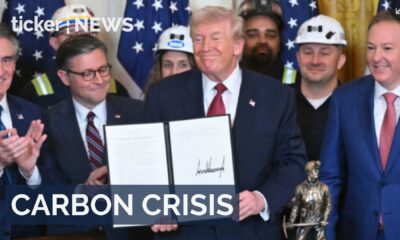

 Ticker Views5 days ago
Ticker Views5 days ago
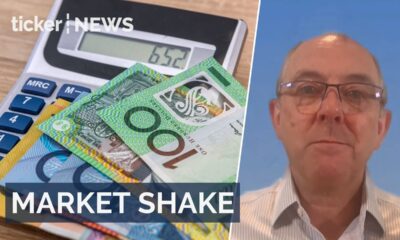

 Money3 days ago
Money3 days ago


 Money4 days ago
Money4 days ago


 Ticker Views3 days ago
Ticker Views3 days ago


